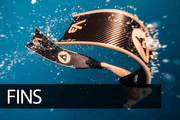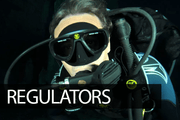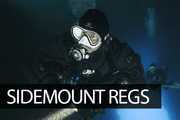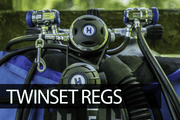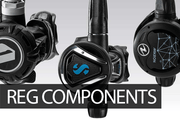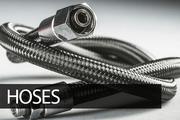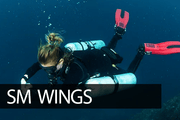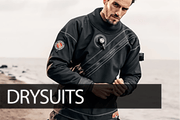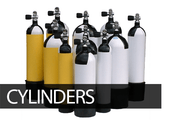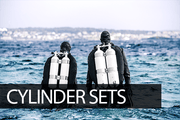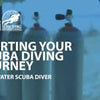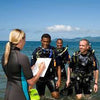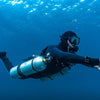Improving Diver Training: Building a Strong Foundation
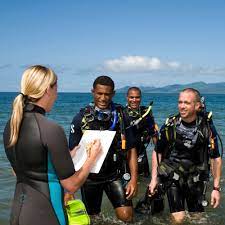
For years, we’ve been told to follow a rigid training sequence designed to make us better divers. We start as enthusiastic Open Water divers, eager to learn and explore, only to receive sub-par education in large groups. Instead of being coached into becoming real divers, we spend most of our time on our knees, checking off skills from a list. This approach needs to change to develop proficient and confident divers.
The Flawed Training Sequence
Initial Training Challenges
New divers often face inadequate training environments where individual attention is scarce. This results in divers who, despite having completed their initial training, still struggle with basic skills like buoyancy and trim.
Misleading Course Progressions
We are frequently told our buoyancy isn’t good enough, leading us to take buoyancy courses and advanced courses. However, the "advanced" course is not truly advanced; it’s a sampler of different specialties that must be completed separately to be fully attained. This piecemeal approach does not foster comprehensive skill development.
Rushed Progression to Rescue Diver
Often, divers are rushed into rescue courses without having mastered fundamental skills. As rescue divers, they are expected to look after others and guide them, yet many are barely able to maintain proper trim, buoyancy, and in-water control.
Accelerated Dive Master Training
In some cases, divers are pushed into the Dive Master (DM) course within six months, regardless of their readiness. This rush does not allow adequate time for skill consolidation and experience building.
Building a Strong Foundation
Emphasize Foundational Training
The focus should be on strong foundational training, followed by at least 20-30 experience dives in a supportive environment. This allows divers to develop a stable platform at their own pace.
Importance of Skill Mastery
Divers should master basic skills before moving on to advanced techniques. For example, learning to dive with a drysuit without good buoyancy and trim control can establish bad practices that persist far into the future.
Evaluating Your Progress
Are You Becoming a Better Diver?
Every diver should ask themselves this question when considering continuing education. A next-level course or specialty should do more than introduce new skills; it should review and improve existing ones. If it doesn’t, it’s a waste of time and money.
Observations in Dive Master Trainees
Many Dive Master Trainees (DMTs) and Dive Masters (DMs) struggle with basic skills like hovering motionlessly or maintaining trim position. While some argue that these skills aren’t necessary for DMs, true control in the water is essential for looking after others and setting a proper example.
Improving Dive Master Training
Pre-Training as Safety Divers
Before starting Dive Master training, candidates should undergo safety diver training. This includes learning to support the instructor and students, dealing with issues in the water, and understanding what to look out for. This additional level meets the UK HSE requirement for an adequate safety diver and provides a foundation before learning to become a Dive Master.
Enhancing Dive Master Training
Dive Master training should be more challenging, not through unrealistic stress tests, but by emphasizing diving ability and experience. DMTs should dive in various suits, setups, and environments to build a broad skill set.
Abolishing the Assistant Instructor Role
Finally, the Assistant Instructor (AI) role should be abolished. It adds little value to diver education and primarily serves as a revenue stream.
Conclusion
To develop better divers, the training system needs to prioritize foundational skills, provide adequate experience opportunities, and ensure divers are genuinely ready for advanced roles. By making these changes, we can foster a new generation of skilled, confident, and safe divers.
-
Posted in
Blog Post, Divemaster Training

